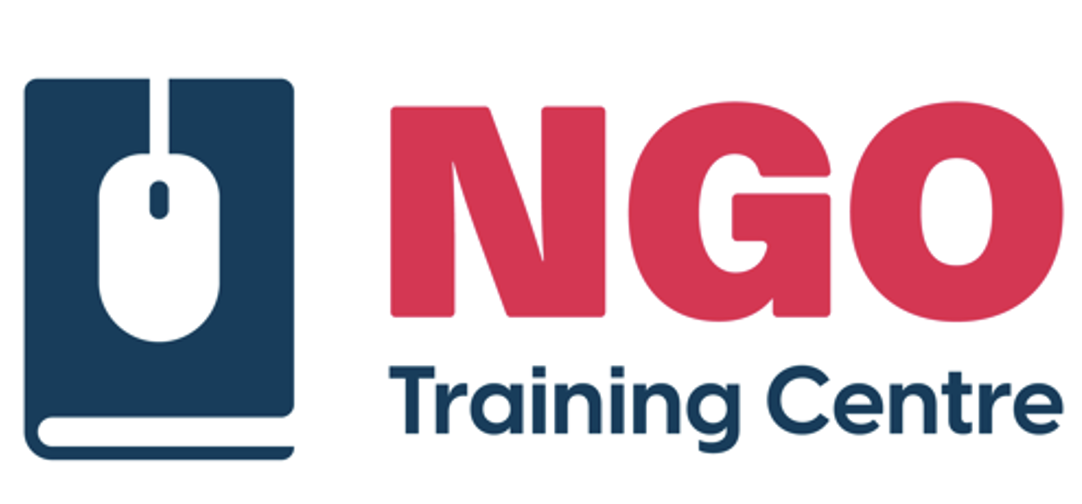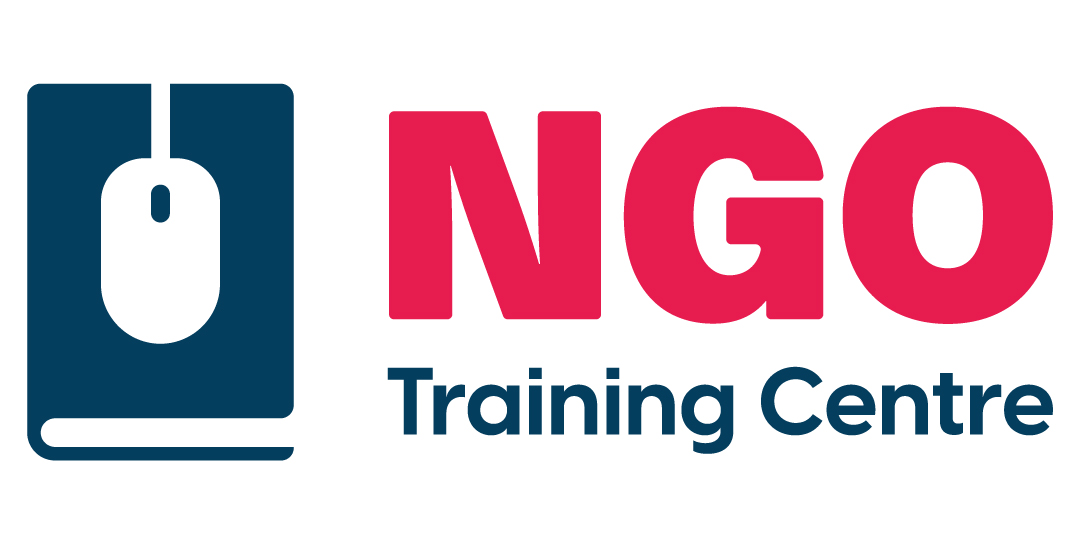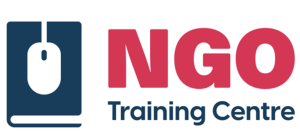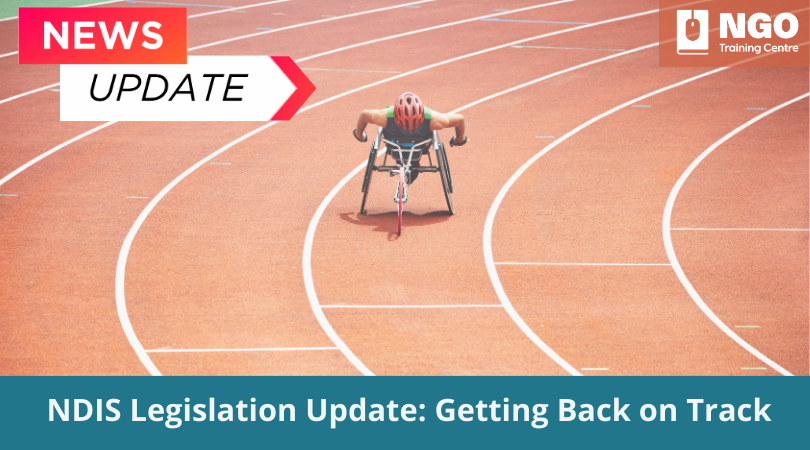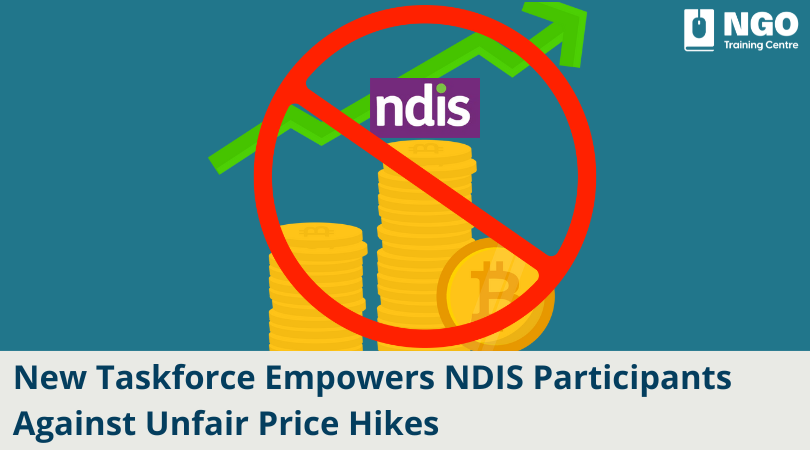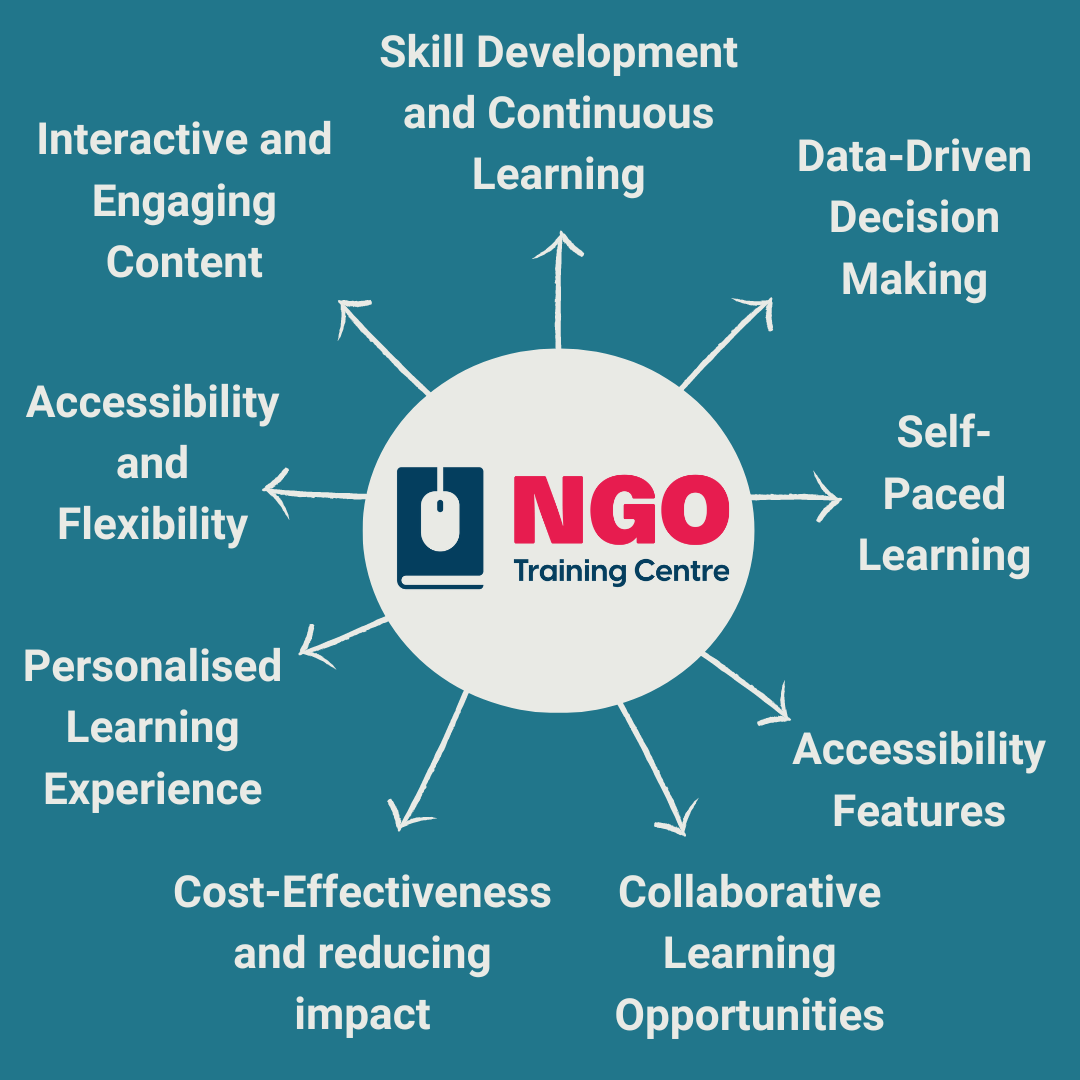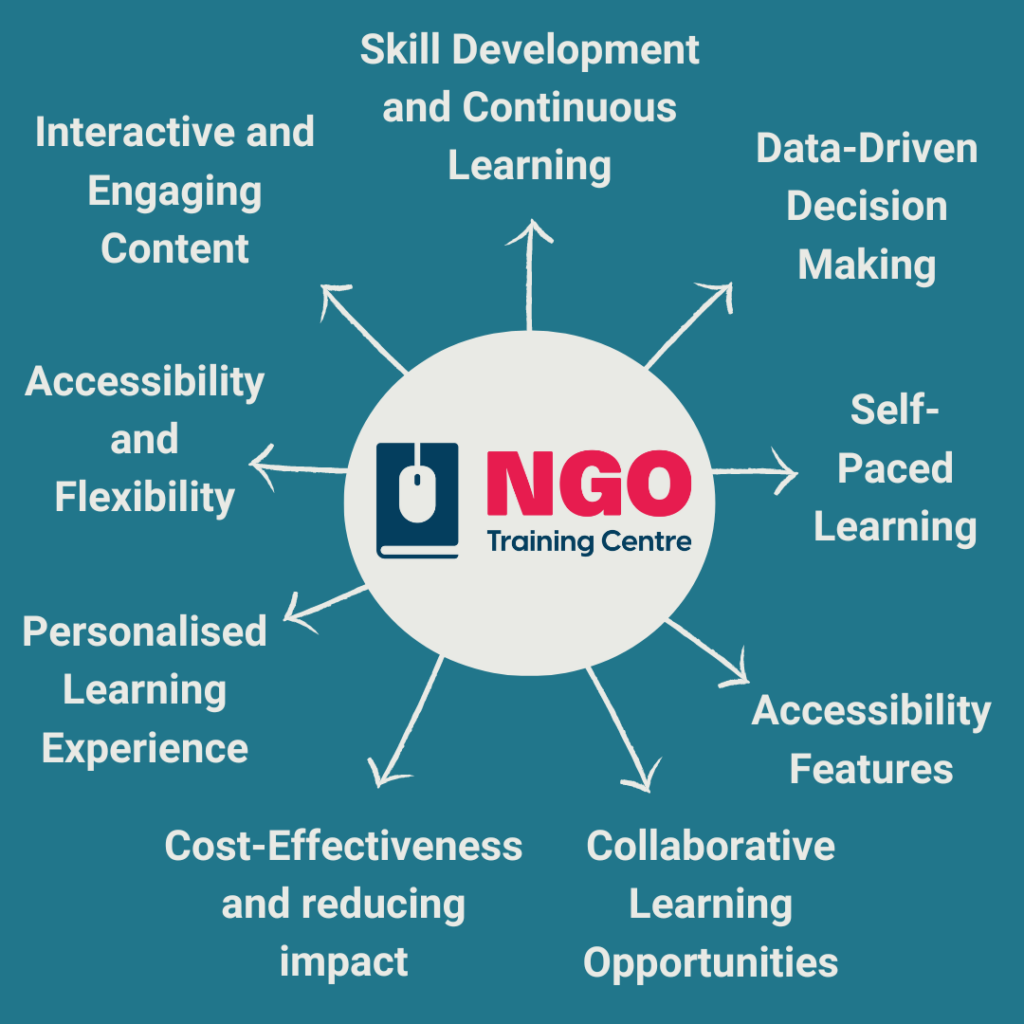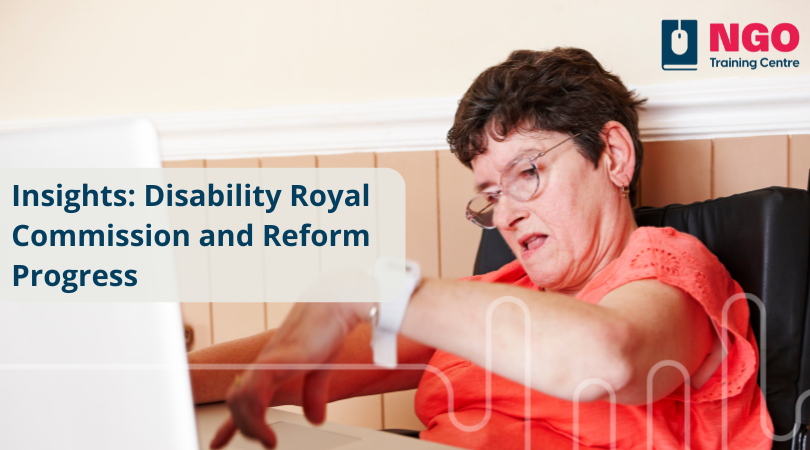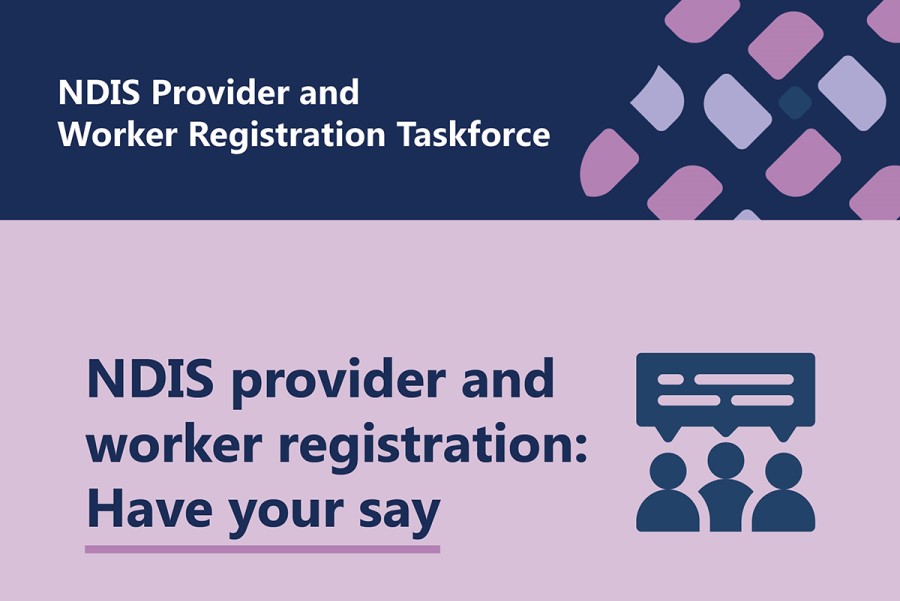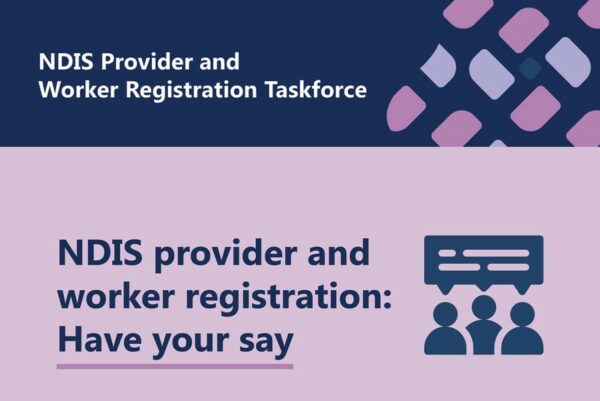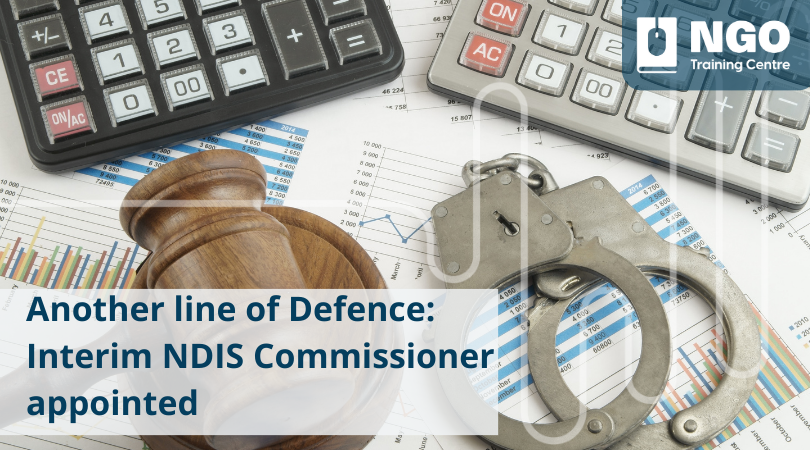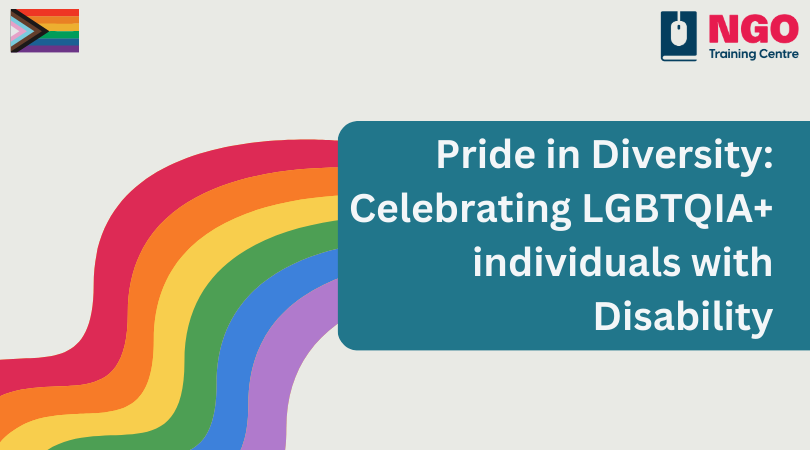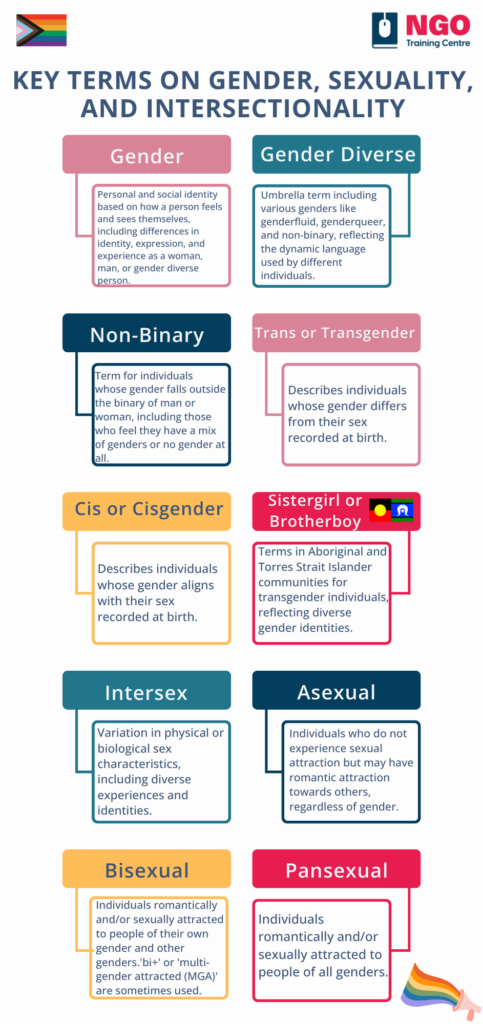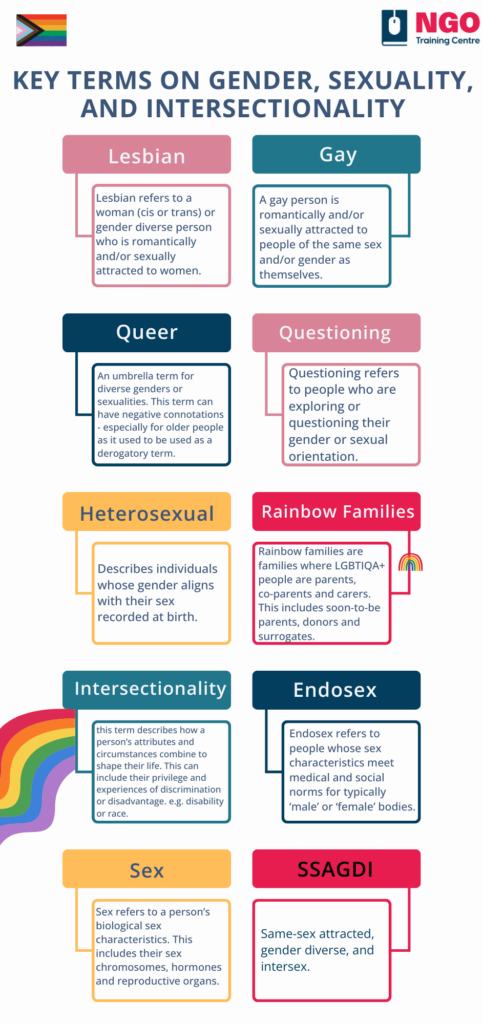
Society must recognise that everyone should have the autonomy to make choices about their own lives.
When someone requires support to make decisions, employing supported decision-making is key to preserving a person’s independence and rights.
At NGO Training Centre, we are soon releasing a course on Supported Decision Making that will be a game-changer for many Disability Support Professionals.
But what about participants who have other formal decision-makers in place?
If a Guardian or Administrator is appointed for an individual, you must still safeguard their fundamental rights as outlined in the UN Convention on the Rights of Persons with Disabilities.
In this article, I am going to give you a brief outline of Powers of Attorney, Plan and Correspondence Nominees (NDIS), Guardianship and Administration.
As an advocate, I had service providers regularly approach me who were confused about working with a participant who had a guardianship or administration order in place and what this meant for the participant, and them as a provider.
Hopefully, this sheds some light on this issue, but keep in mind that laws and regulations vary in each state and territory. Having practised as an advocate in both QLD and Victoria, I found that there were marked differences in processes and even the frequency of, and rules around guardianship and administration.
Powers of attorney
If you are working with a participant who needs help managing their affairs, they can choose to give someone they know and trust, or a specialist organisation (such as the Public Trustee and Guardian in NSW) the power to make decisions for them. This will allow someone else to manage their affairs when they do not want to or are no longer able to.
Depending on their situation, this may include:
- the power to make decisions about their financial and legal affairs
- decisions about their lifestyle (including where they live), their support and what medical or health treatment they should receive.
If a person that you are supporting has an order in place and a decision-maker appointed, it does not mean that they can make decisions about every aspect of the participant’s life. It’s important to check the order to see what reason(s) the guardian/administrator has been appointed.
Plan and correspondence nominees
A plan nominee is someone appointed, in writing, to act on behalf of an NDIS participant.
This could be at the participant’s request or at the request of the NDIA when there are no other less restrictive options.
A plan nominee has a duty to:
- ascertain the wishes of the participant
- act in a manner that promotes the personal and social well-being of the participant
- only act if the participant is not capable of doing the act
- develop the capacity of the participant
- avoid or manage conflicts of interest.
Another type of nominee that can be appointed is a correspondence nominee.
A correspondence nominee is someone who can make some decisions for a participant about their business with the NDIS. But they can’t do anything or make decisions about:
- preparing or changing a plan
- managing the funding for supports in a plan.
If a participant needs someone to make decisions for them about their plan, they may need a plan nominee.
A correspondence nominee can ask the NDIA for information about a participant on their behalf. They can also opt to receive letters and notices.
You can find more information about Plan and correspondence nominees here: Appointing a Nominee
Guardianship and Administrators
If a participant has not formally appointed someone to manage their affairs (under a power of attorney) and it becomes necessary to do so, a guardianship board or tribunal may appoint a guardian and/or administrator on behalf of a participant.
I will define the two main types of appointed decision-makers.
*Note that Some states have variations of these, such as supportive guardians and supportive administrators (Vic).
A Guardian (who could be a family member or friend), is a substitute decision-maker who may make lifestyle decisions, such as where the participant should live, and the support they receive, as well as give their consent to medical, dental and health care services generally.
An Administrator acts as a financial manager and looks after a person’s property and finances. If no individual is appropriate for this, a state or public trustee service is often appointed to manage a person’s finances.
There are several factors that the guardianship board or tribunal will take into account before deciding to appoint a guardian or administrator, including:
- The participant’s ability to manage their own affairs
- any relevant medical or health conditions that might affect their ability to make decisions – such as dementia, intellectual disability, mental illness, or acquired brain injury
- whether it is in their best interests to have a guardian or administrator appointed.
The rules are different in each state and territory, so it is important to contact the relevant authority where you live for details on the guardianship and administration laws in the relevant state or territory, or if you have any questions or concerns about an order.
Refer to the authorities listed below:
- Australian Capital Territory
- New South Wales
- Northern Territory
- Queensland
- South Australia
- Tasmania
- Victoria
- Western Australia
An advice or advocacy agency may also be able to assist, and you can find them here: https://askizzy.org.au/
Written by Amanda Robinson, B.A., MMentalHealth Prac.
Amanda is a professional with over a decade of dedicated experience in the fields of Mental Health and Disability. Her extensive expertise lies in navigating the intricate landscape of the Disability Sector. She brings a unique perspective to her work, being both a person with lived experience of disability and a compassionate carer. She has a passion for advocacy, making her a staunch champion for the rights and well-being of individuals facing similar challenges.

